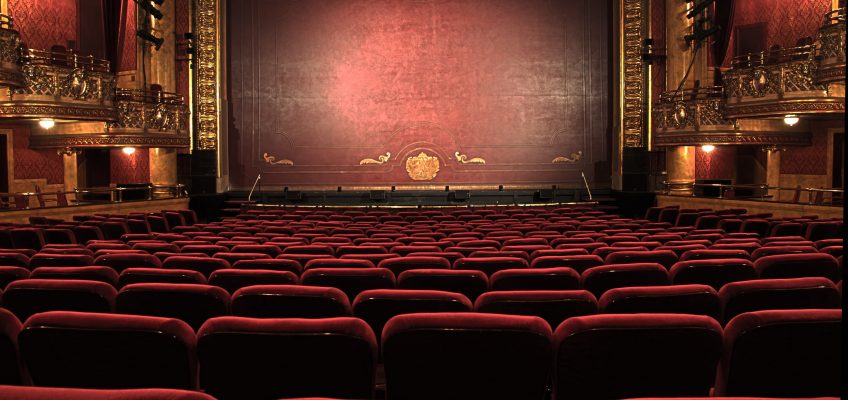Many years ago, attended a regional theater matinée of Shakespeare’s Richard III. As I settled into my center seat, I heard a small commotion behind me. A bus-load of middle school students began filling in the back rows. Richard III is not the first Shakespearian play I would think to bring a class of seventh-graders. The only play of Shakespeare’s that is longer and more complicated is Hamlet. I wondered how long the students’ patience would hold out before they started snickering and disrupting.
The lights faded to black. The theater was silent. After a long pause, a single spot lit up a misshapen, scary looking man at center stage. No one breathed. The scary man lifted his head and seemed to be looking straight at me as he said:
Now is the winter of our discontent
Made glorious summer by this sun of York;
And all the clouds that lour’d upon our house
In the deep bosom of the ocean buried.
I’m not sure I moved a muscle for the entire play. If the children did, I didn’t notice. I suspect they were as enraptured as I was by the captivating performance.
But suppose it had gone a bit differently. Suppose the actor had said:
Now is the winter of our discontent
Made glorious summer by this sun of York;
And all the clouds that lour’d upon our house
In the deep bosom of the ocean buried.
Good afternoon everyone, and welcome to our production of Richard III.
Trust your congregation to get it
Or what if once the houselights went out and before the spotlight came on, we heard a commentator announce:
In the opening soliloquy of today’s play, you will hear Richard say “sun of York,” which is pun referring to Richard’s brother, King Edward IV, who used to be the Duke of York and who Richard is scheming to overthrow.
Or imagine that at intermission, the head of the theater comes onstage to thank everyone for having paid their admission fee and to ask for our patience as the ushers take up a collection to help with the theater’s capital campaign.
You probably can’t imagine these things because they would never happen. But they happen in liturgy all the time, and we accept these breaks in the ritual flow as normal and perhaps even necessary. A presider greets us with “Good morning” just seconds after he has ritually greeted us with “The Lord be with you.” A commentator explains the readings to us before we have heard them. Second and even third collections have become routine. And there are many more examples.
What is the function of ritual language?
The reason these non-liturgical additions seep into the liturgy is that as we continue to implement the liturgical reforms of the Second Vatican Council, we have not yet fully grasped the function of ritual language and how it is distinct from everyday language.
All language is about communication. We speak to communicate. And what we communicate is determined not only by the words we use, but how we use them.
We cannot communicate the truth of our salvation in a TED talk. We can only communicate the mystery of our salvation through poetry, symbol, and metaphor — the building blocks of ritual language. Share on XShakespeare could have just used the 16th century version of a TED talk (20 minutes!) to tell us the entire history of Richard III. But he wasn’t trying to communicate history. He was trying to communicate truth and tragedy.
In the liturgy, we are communicating truth and salvation. We cannot communicate the truth of our salvation in a TED talk. Or in any other kind of information-centric speech. God is mystery and therefore the truth of our salvation is mystery. We can only communicate the mystery of our salvation through poetry, symbol, and metaphor — the building blocks of ritual language.
Invite your parishioners to engage in the mystery
Because God is mystery and we intend to communicate the mystery of salvation, all language in the liturgy is (or should be) ritual language. When we step out of ritual language, it is similar to the actors stepping out of character in a drama. The story is broken and the truth of the story is disrupted or even destroyed.
Ritual language requires engagement and contemplation. It is often difficult to both proclaim and to hear. But it is in the contemplative struggle where revelation happens. God is not revealed in a didactic commentary about the readings. God is revealed in the proclamation of God’s word.
When I am tempted to explain or add to or restate or “enliven” the liturgy, I think of those school children who were enthralled with Shakespeare’s Richard III. I’m sure the truth of that story has lived in the hearts of many of them all these years, just as it has mine. No one had to explain it to them. No one had to (or could have) made it more “entertaining.” As another Shakespearian character said elsewhere, “The play’s the thing!”
Just so, the liturgy’s the thing!



Leave a Reply